Gaza
Israel’s relentless attacks have shattered security in Gaza, making it nearly impossible to safely deliver food to starving Palestinians.
Much of the limited aid entering the enclave is being hoarded by gangs and merchants and sold at exorbitant prices.
A kilogram of flour cost as much as $60 in recent days, while a kilogram of lentils can go up to $35. This is way beyond the means of most Gaza residents.
Soaring prices are just one of many challenges in a territory where more and more people are dying of hunger.
"We want this to end at any price. We’re dying. We're sacrificing our children, we've sacrificed our women and our homes", said Hassan al-Sakani, a Gaza resident who is selling products on the street.
He asked for the Hamas-run government of Gaza to "find us a solution."
Food from the United Nations and the controversial Israeli-backed Gaza Humanitarian Foundation is originally handed out for free. It is impossible to know how much is being diverted and neither organisation is able to track who receives its aid.
The Hamas-run police vanished from areas under Israeli control when Israel broke the ceasefire in March.
Instead, local tribes and gangs — some of which Israel says Hamas supports — took over, residents say.
"[Merchants] should have mercy on the children and people's condition. But there is no mercy in this country", said Nagwa Ghanem, a Gaza resident.
Israel's decision this weekend to facilitate more aid deliveries — under international pressure — has lowered prices somewhat but has yet to be fully felt on the ground.
"We don’t see sweets, sugar, Nutella or anything that the body could use to resist on the bare minimum that is available", said Hossam al-Sakani, a Gaza resident.
"What’s happening to the people of Gaza is unfair, they are exhausted", he added.
The UN's World Food Programme said last week it will only be able to safely deliver aid to the most vulnerable once internal security is restored — likely only under a ceasefire.
“In the meantime, given the urgent need for families to access food, WFP will accept hungry populations taking food from its trucks, as long as there is no violence", spokesperson Abeer Etifa said.
Up to 100,000 women and children in Gaza are suffering from severe acute malnutrition, according to the UN.
The organisation said on Tuesday that the enclave is facing the “worst-case scenario of famine.”




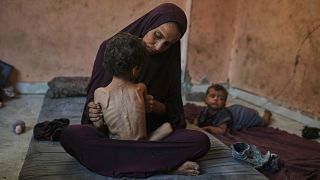

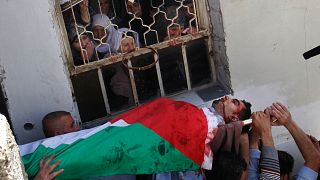
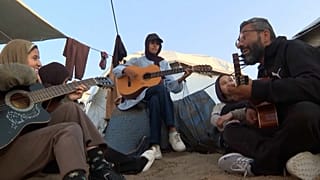

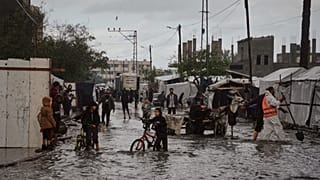
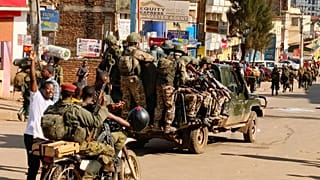
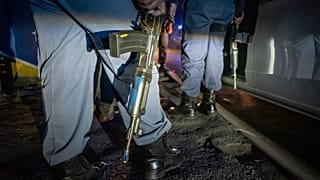
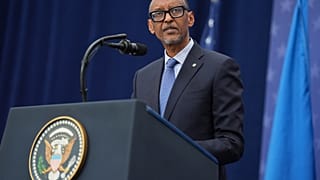
01:13
United Nations decries crackdown on opposition ahead of Ugandan elections
Go to video
Protesters in Haiti take over Saint-Marc city hall demanding protection from gangs
01:04
DRC: MONUSCO head Bintou Keita steps down early
01:33
Israeli prime minister requests pardon on longstanding corruption case
00:32
Norway's Special Envoy to Sudan confirms there is no new US-backed peace proposal
02:00
UN says food distribution in Sudan improving but areas remain cut off